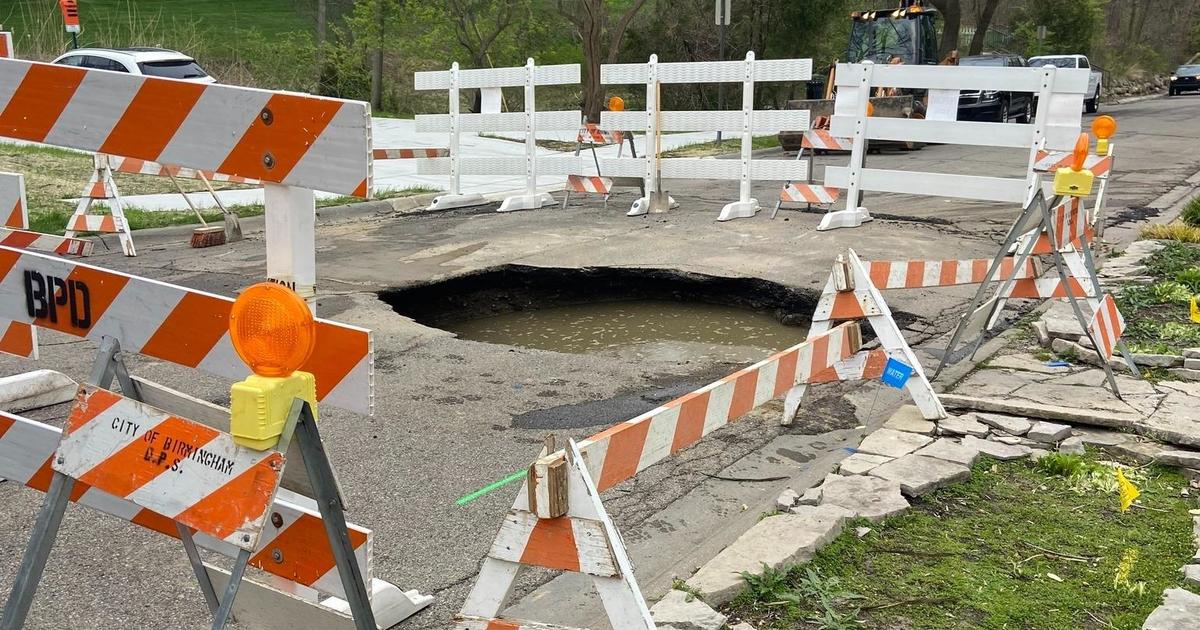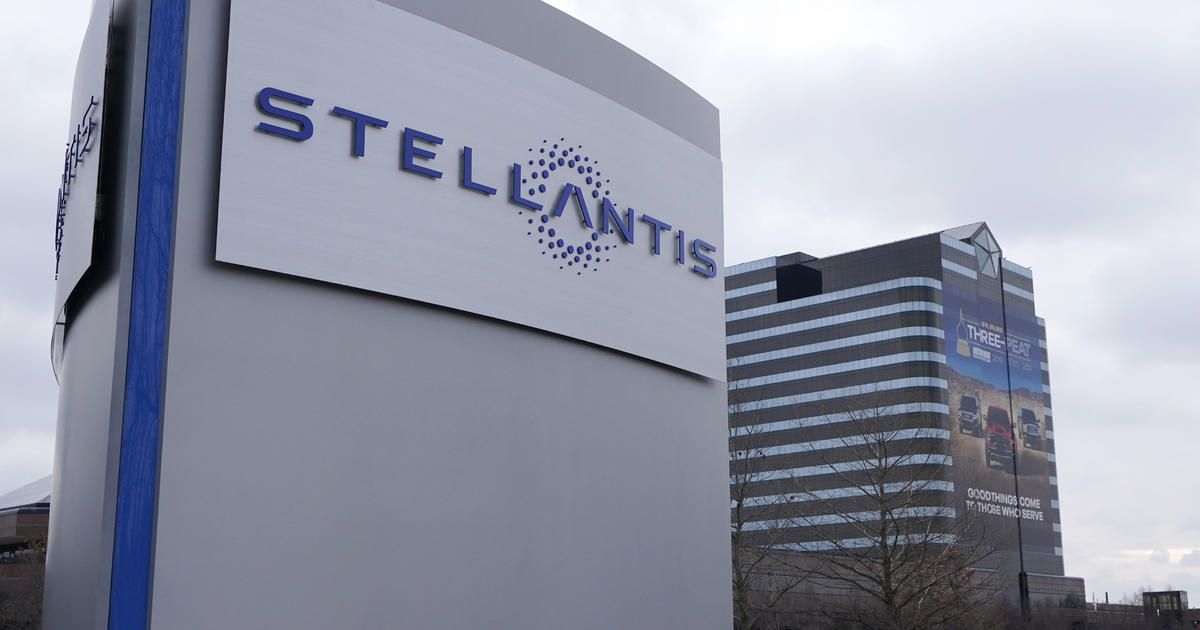MCCC Adds Info Assurance, Renewable Energy, Non-destructive Testing
MONROE -- Three new areas of study will be available at Monroe County Community College this fall semester: information assurance and security, renewable energy and non-destructive testing.
The associate of applied science degree in computer information systems with a program designation of information assurance specialist is designed to provide an opportunity for students to acquire the foundational skills needed for an entry-level position supporting corporate security operations.
The term "information assurance" encompasses the scientific, technical and management disciplines required to ensure computer and network security.
Among these disciplines are systems and network administration and operation, information assurance systems and product acquisition, threat and vulnerability assessment (including risk management), computer emergency response team operations, information assurance training education and management, cybercrime investigation, systems security engineering, cryptography, Web security, computer forensics and defensive information.
Renewable energy certificate programs in wind and solar energy concentrate on the basic core courses with skill development and job upgrading being the primary objectives.
Each certificate can be completed in just two or three semesters. And, since the basic core courses are the same, it is possible to complete both certificates with some additional course work.
According to Clifton Brown, assistant professor of renewable energy, Michigan is poised to become a major force in renewable energy technologies, with jobs ranging from entry level assembly, production and installation to technician-level maintenance, support and operation. Career opportunities within the field are also emerging in technical sales and marketing, office and business management, and engineering design.
Renewable energy jobs require special knowledge and training that is just becoming available because the industry is so new and continues to evolve so rapidly, Brown said. The job market is made up of both large multi-national companies that typically require apprenticeships or formal degrees, as well as a significant number of service providers. These smaller contractors represent opportunities for people who have acquired the proper skills to find useful work at reasonable pay.
The certificate program in non-destructive testing (NDT) covers the inspection, testing or evaluation of materials, components and assemblies for materials' discontinuities, properties and machine problems without further impairing or destroying the parts serviceability. Universally, the term NDT applies equally to the NDT inspection methods used for evaluation.
The certificate program applies the basic concepts of the five major NDT methods: visual testing, liquid penetrant testing, magnetic particle testing, ultrasonic testing and radiographic testing. The classroom hours, grading criteria and test composition associated with the NDT course work is established in accordance with the American Society for Non-Destructive Testing. The courses are derivative of the existing nuclear engineering technology associate degree program and have direct relevance to MCCC's existing welding technology associate degree program.
According to Martin Dubois, assistant professor of mechanical engineering technology, there is a need for highly trained and certified non-destructive testing technicians worldwide. More opportunity exists for NDT professionals today than ever before.
MCCC's Fall Semester begins August 30, and registration is underway. For registration information, please contact the Office of Admissions and Guidance Services at (734) 384-4104 or toll free at 1-877-YES-MCCC, extension 4104.



